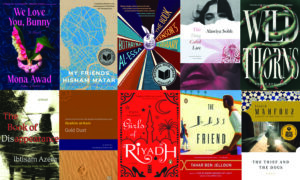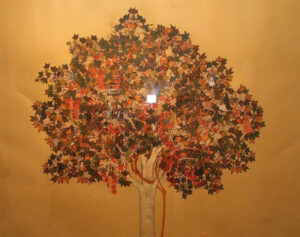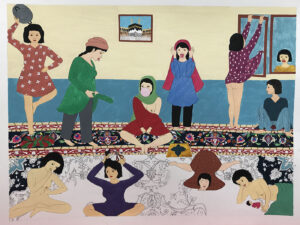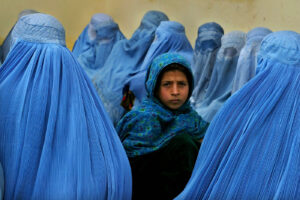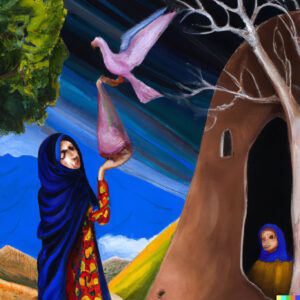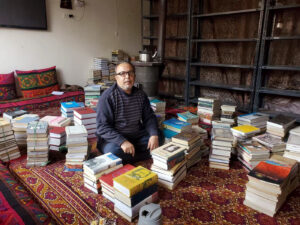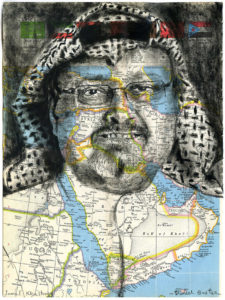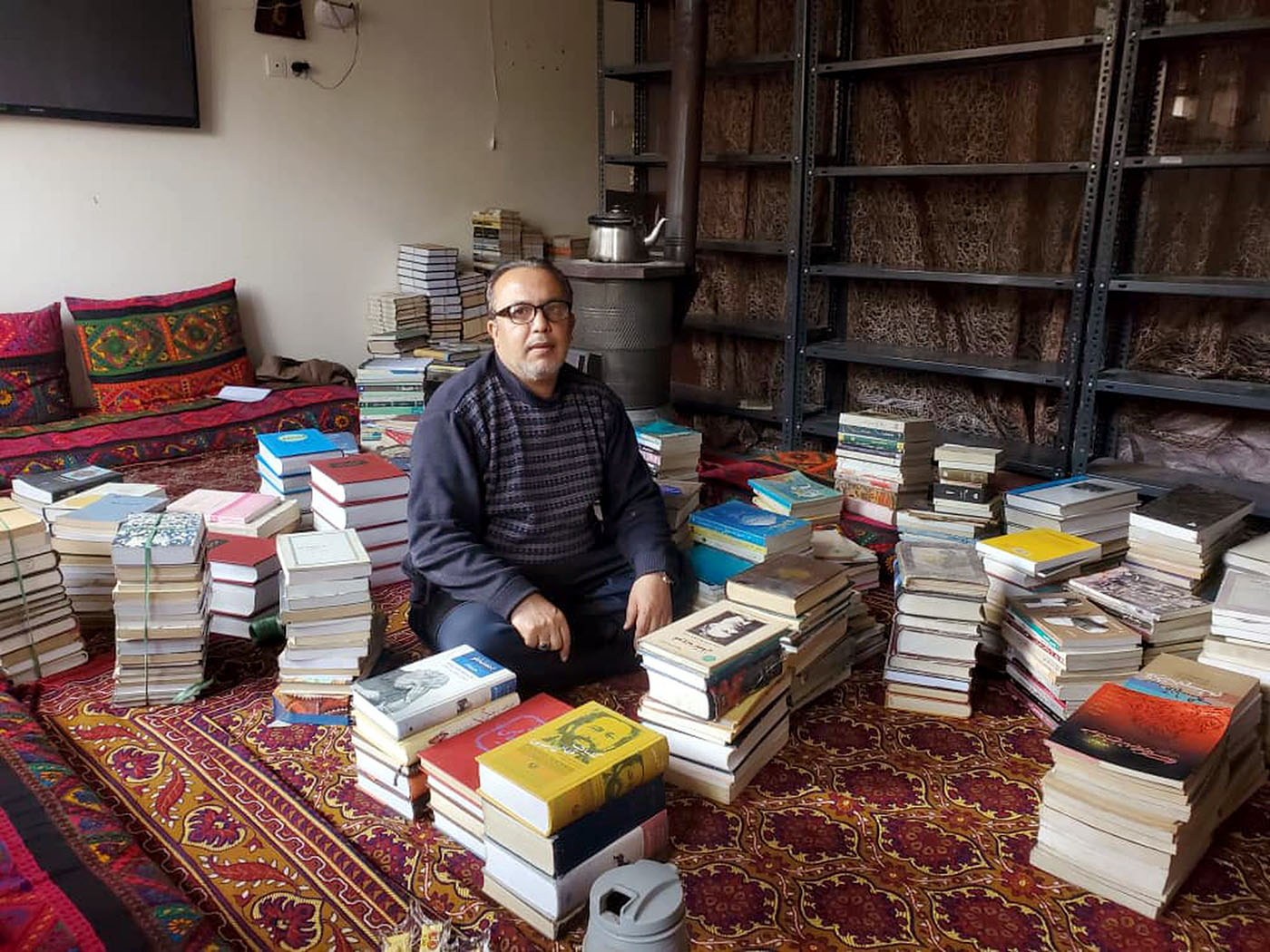
Àngeles Espinosa
1 in 3 Afghans are going hungry and two million children are malnourished.
With the country on the verge of starvation, the loss of a few books may seem like a small matter. However, the image of the 52-year-old Afghan poet and writer Javed Farhad getting rid of his library in order to feed his family and pay the rent, sums up like few others the dehumanization that Afghanistan is suffering. Deprived of a minimum income, all their effort goes into survival. There is no time for culture, let alone recreation. “I feel strange, it’s as if I had sold my children,” he wrote in the text that accompanied the photo on his Facebook profile and repeats in conversation with a foreign reporter at his home in Kabul.
It was not an easy decision, but it was necessary. “I owed three months’ rent and since the Taliban took over, I lost my job as a university lecturer and as an editor at Khurshid television station,” says Farhad who, like most Afghans, combined two jobs to support his family — and Afghan families are not small. In addition to his wife, who also lost her job at the Human Rights Office, the writer has four children, two of whom are married and live with their wives at home because they are still at university, and a grandchild by one of the couple.
The dire economy has led to the closure of 95% of libraries, bookshops and publishing houses in Kabul.
Among the 2,000 volumes Farhad had amassed in his library, there were several collector’s items, including two manuscript books from the beginning of the last century. There were also three works by Federico García Lorca, including Blood Wedding, translated into Persian. But what he found most difficult to part with was the collection of poetry by Maulana Jalaluddin Mohammad Balkhi, better known as Rumi, the influential Persian mystic poet. The writer’s eyes water at the memory. Only a dozen books have remained, including two written by his wife.
Even so, the painful separation has only temporarily alleviated their hardship. The money raised, equivalent to 700 euros, a twelfth of what they cost him, only covers the rent for the three months due. “I still have another two months to pay,” he says.
In addition to hardship, there is fear. Farhad has been attacked twice by the Taliban, the last time only a month ago. He was not at home and his eldest son who was with him was beaten up. He confesses that he is afraid and that sometimes he sleeps at his sister’s or a friend’s house.
“The Taliban are anti-culture, anti-music, anti-poetry and anti-freedom,” he says, before pointing out that they have postponed indefinitely all cultural activities. Many Afghan artists have gone into hiding. The economic situation has also led to the closure of 95% of libraries, bookshops and publishing houses in the capital, according to sources in the sector quoted by ToloNews. “Artists and writers have a very dark future,” says Farhad. “If the Taliban stay in power, those like me who have not left the country will do so in the future,” he predicts.
That’s why he calls on foreign artists and intellectuals to show solidarity by offering aid or places to stay to Afghans so that they can leave the country with dignity, especially women writers. “There used to be many of them at our meetings, but now we don’t know whether they are at home or have managed to leave,” he says with concern.
Personally, he would prefer to stay if his safety and that of his family were guaranteed and he is allowed to write. “Under threat, it is not possible to live like this,” Farhad says. He also fears that things will get worse because he doesn’t think the Taliban have changed as they pretend to have done. “They are only acting more prudently to get outside recognition,” he believes. It hurts him that the international community does not have a clear policy in this regard and he is willing to accept that the Taliban be recognized “if they at least respect half of what is asked of them” in terms of human rights and freedom of expression.
This column first appeared in El País and is translated here by Jordan Elgrably.





